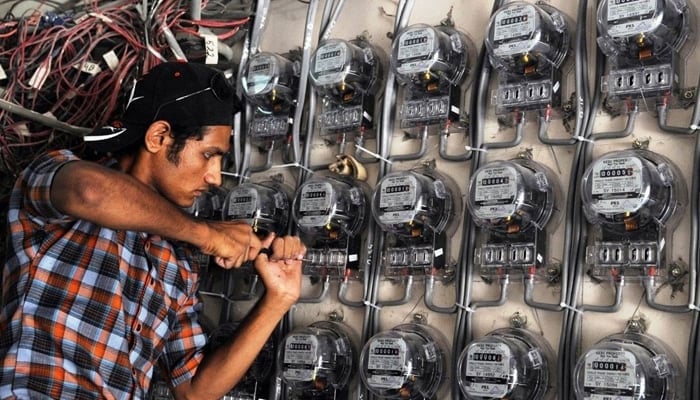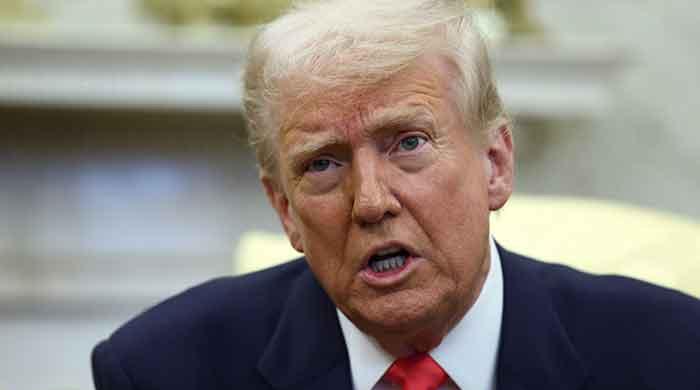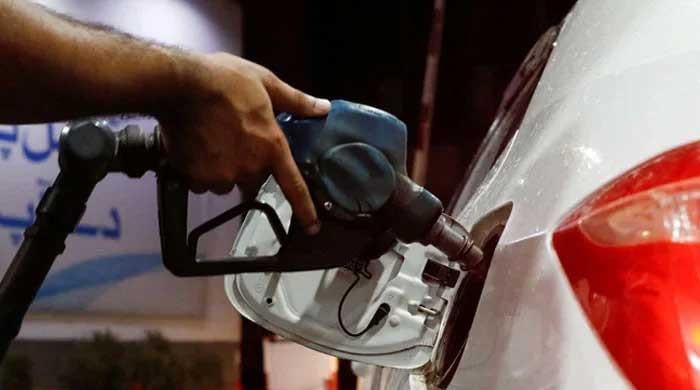Govt approves Rs2.56 per unit hike in FCA for August electricity bills
Fresh hike in electricity tariff will not apply to lifeline and K-Electric consumers
August 08, 2024

- Thursday's hike to add burden on consumers worth Rs39bn.
- CPPA requested power regulator to hike tariff by Rs2.63 per unit.
- Power consumers to see June's FCA in August bills.
ISLAMABAD: Adding to the financial troubles of inflation-hit masses, the federal government on Thursday jacked up the power tariff by Rs2.56 per unit in terms of fuel cost adjustment (FCA) for June, which would be reflected in the August billing.
The National Electric Power Regulatory Authority (Nepra) issued a notification regarding the fresh hike in electricity tariff, however, it would not apply to the lifeline and K-Electric consumers.
Thursday's hike will put an additional financial burden on consumers worth Rs33.45 billion which would soar to Rs39 billion after the imposition of 18% GST.
The Central Power Purchasing Agency (CPPA) had requested the power regulator to hike the power tariff by Rs2.63 per unit under the FCA.
Inflated electricity bills and backbreaking taxes became a major challenge for the government which prompted a huge public outcry in the shape of protests and sit-ins from masses already reeling under the rising cost of living.
The mounting pressure pushed the Centre to mull options to reduce electricity rates to provide some financial relief to the public.
Prime Minister Shehbaz Sharif's administration had massively increased the electricity base tariff for domestic consumers last month.
The base tariff was hiked up to Rs48.48 per unit which also included power consumers in Karachi. However, relief was given to consumers using up to 200 units per month who have been exempted from the increase for three months.
Not only domestic, the power regulator okayed the federal government's application proposing hikes in electricity tariffs for commercial, general services, bulk, and agricultural consumers.
The increase in tariff was aimed at improving Pakistan's chances of securing a fresh programme from the International Monetary Fund (IMF).
Since then, the country has reached a three-year, $7 billion bailout programme which now needs to be validated by the fund's Executive Board, should enable Pakistan to "cement macroeconomic stability and create conditions for stronger, more inclusive and resilient growth, the Washington-based lender said.
The new IMF programme has been endorsed by both the federal and provincial governments.











